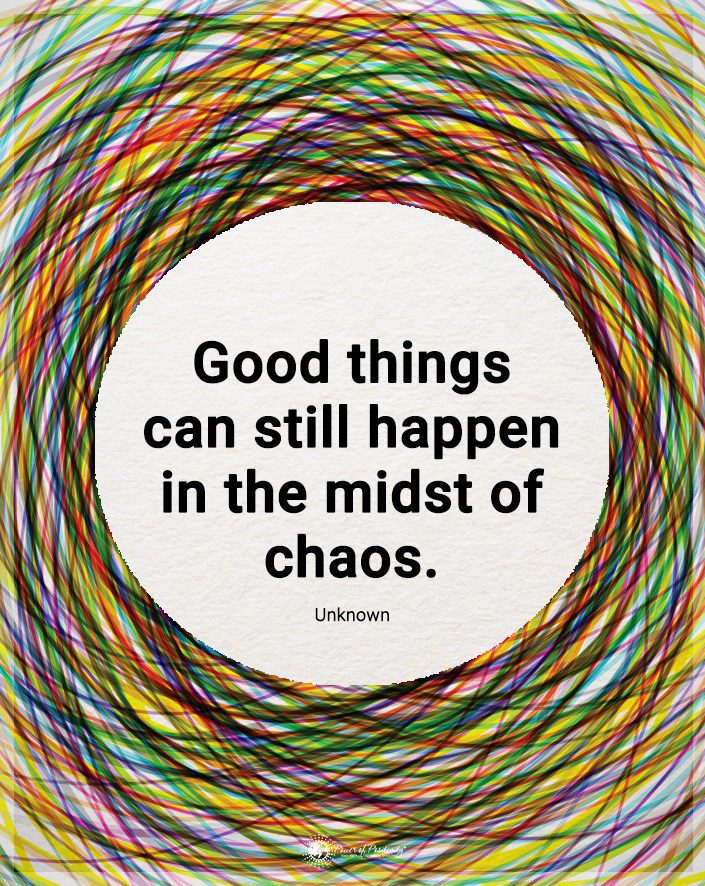Past trauma can impact every facet of life, including relationships with loved ones and colleagues. When you’ve faced distressing situations in the past, it can affect your thoughts and feelings in current relationships. If you don’t heal from the mental and emotional damage, you may find it challenging to connect deeply with others. Trauma can make you distrustful and closed off from others because you see your pain reflected in every situation.
In other words, past trauma can haunt you long after you’ve experienced an upsetting or frightening event. Any unresolved emotions or lingering memories of what happened can make moving on with your life difficult. Even if you try to drown out those feelings by getting involved in relationships, they will always surface again if you haven’t fully processed everything.
However, you can heal from the past by practicing self-love and compassion and seeking professional help such as counseling. By understanding how past trauma can affect relationships, you can take steps to recover and create healthier and more fulfilling connections.
How Past Trauma Affects Relationships
Childhood trauma can impact adult relationships because it makes you wary and distrustful of others. Physical, verbal, and emotional trauma causes chemical alterations in the brain that trigger a heightened fear response. You may feel like you’re always on high alert and can’t relax if you’ve experienced past trauma. Enduring constant traumatic situations can cause chronic stress, which makes your nervous system work on overdrive.
In addition, trauma can impact your attachment style in relationships, making you anxious and fearful that the person will abandon you. You might become clingy and have trust issues, worried that the slightest problem will make your partner grow distant. Also, you may struggle with emotional regulation and become hypersensitive to your partner’s words and actions.
If you grew up in a volatile, unpredictable household, you might not feel secure being vulnerable in romantic relationships.
1. Lack of Emotional Intimacy
Past trauma can impact relationships because it makes you uncomfortable with emotional intimacy. If your parents or previous partners didn’t value your thoughts and feelings, you might develop an avoidant attachment style. People with this attachment style tend to have a dismissive attitude toward relationships and become highly independent. They would not rely on others for anything, including emotional closeness.
If you’ve experienced emotional neglect in the past, you may have a fear of vulnerability and rejection. In your eyes, it makes more sense to avoid relationships entirely to protect yourself from further pain.
2. Communication Breakdowns
Past trauma can lead to communication issues in romantic partnerships if you feel uncomfortable with vulnerability. You may struggle with defensiveness if your partner brings up a triggering topic, such as past relationships. For example, you may avoid talking about your parents if you have rocky relationships with them. You instantly shut down or lose your temper when your partner mentions them.
Traumatic experiences can also make you hypersensitive to criticism and people’s perceptions of you. In turn, you may feel paranoid about what your partner thinks of you and struggle with low self-esteem. Unstable relationships early in life can cause you to assume the worst and resort to mind-reading techniques to avoid being blindsided. While accurately gauging your partner’s emotions can increase relationship satisfaction, it can also create disharmony if your partner senses your insecurity.
3. Difficulty with Trust
Another way past trauma impacts romantic partnerships involves difficulties with trust and boundary issues. You might struggle with attachment anxiety if your parents didn’t give you enough love, attention, or emotional support. Parents should nurture and guide their child’s development, encouraging them to form an independent, stable identity.
However, childhood trauma often leads to codependent relationships and total reliance on partners for emotional stability. They want to feel close to their partner but also have an intense fear of abandonment, making them seem distant or flaky.
In addition, you may deal with betrayal trauma in partnerships and struggle to trust your partner. A small argument or mistake can put your partner in the hot seat if you feel deceived by them. They might feel like they must walk on eggshells around you or question everything they do to avoid confrontations. Your partner probably doesn’t want to mislead you or have bad intentions, but your mind might make you assume the worst due to past trauma.
4. Conflict Resolution Issues
Finally, past trauma can result in conflict resolution issues in relationships. During arguments, you may struggle with emotional dysregulation and lose your temper quickly when you feel threatened. Conversely, unhealed trauma can lead to avoidance and an unwillingness to address ongoing relationship problems. You may resort to passive aggression and shut down when your partner tries to smooth things over.
You may have a short fuse and feel emotionally raw if you have an overworked nervous system because of repeated negative experiences. As a result, minor annoyances or disagreements may cause you to explode and release your anger onto your partner.
Healing and Moving Forward From Past Trauma
While healing from past trauma may seem overwhelming or hopeless, combining therapy and self-care can pave the path forward. There’s no shame in seeking counseling or professional support to help you process painful emotions and experiences. Millions of people go to therapy for various reasons, and many find it helps them feel more positive and capable of handling life’s pressures.
Self-care and self-compassion can also help you achieve emotional healing, as there’s no relationship more important than the one you have with yourself. By extending love and gratitude to yourself first, you can enjoy more profound, fulfilling relationships. Studies show that couples who practice mindfulness and non-judgment toward themselves have more satisfying relationships and experience less conflict.
So, work from the inside out and focus on healing yourself; the rest will fall into place naturally. The world can wait, but your inner child cannot. Unhealed trauma and internal disharmony indicate that your soul desperately needs love, support, and attention. So nourish your higher self and watch as your life becomes a magical dance rather than an endless struggle.
Final Thoughts on Healing Past Trauma for Healthier Relationships
When people experience conflict and discord in their relationships, they may overlook the impact of past trauma. Lingering emotional damage from prior experiences can carry over into every aspect of life and cause even further pain. Arguments, misunderstandings, trust issues, and struggles with emotional vulnerability may result when trauma goes unchecked.
It’s vital to nip these issues in the bud and seek help before committing to a serious relationship. All your connections will become more satisfying and harmonious if you try to process painful emotions and heal from the past. Rebuilding trust and intimacy after trauma may seem scary, but you can mend relationships by taking that first step.
Emotional healing and growth for better relationships lie in your hands, but you must first believe you deserve to feel happy. Remember your self-worth and extend love toward yourself; you will find the healing and comfort you seek.




















